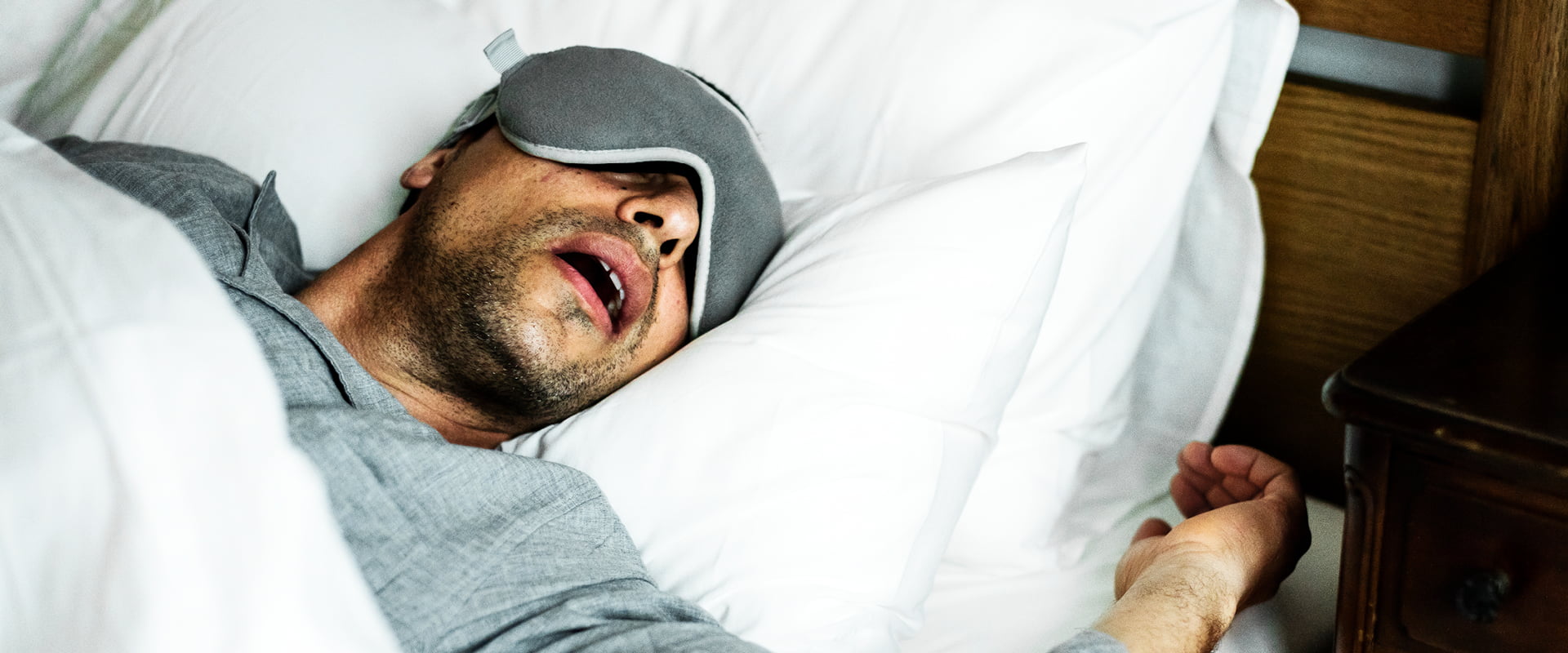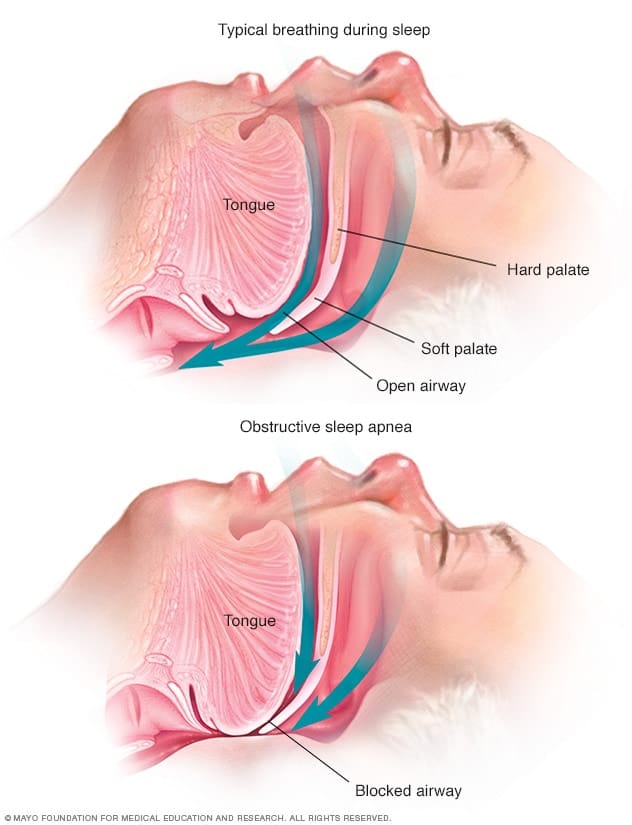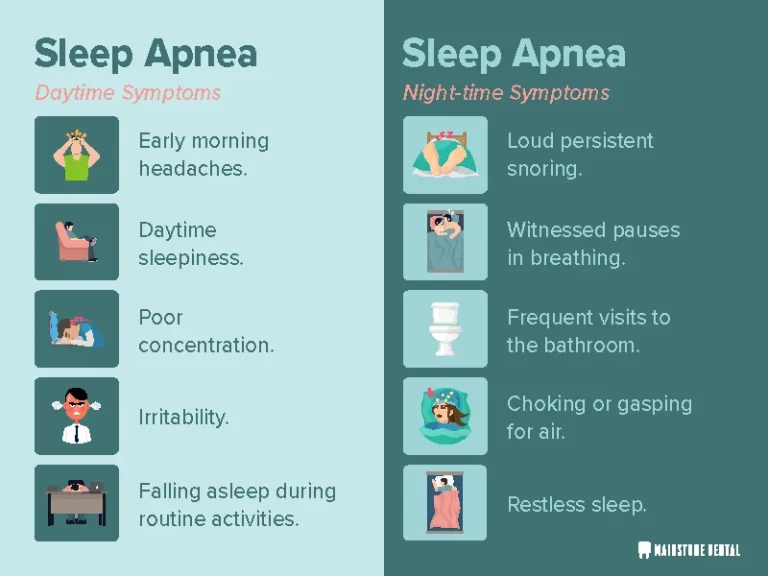PUBLISHED ON 07/12/24

Are you tired during the day? Do you, your partner or your child snore? Sleep apnea is a sleep disorder where there are repetitive pauses in breathing during sleep. These pauses can occur several times per hour and last for over 10 seconds, causing the sleeper to move out of deep sleep and usually wake up.
What is Obstructive Sleep Apnea? (OSA)
When a person’s airway collapses during sleep, there is a lack of oxygen to your brain. OSA is related to severe health conditions. (Note: Snoring is not normal)

If sleep apnea is untreated, it can result in serious medical conditions. Suppose moderate/ severe sleep apnea is left untreated. In that case, people will die ten years younger relating to complications including chronic tiredness, which may increase;
Sleep apnea can be in children, adults – male and female. While it is associated with obesity, it can be in slim people too.
General signs of sleep apnea:
Signs of sleep apnea in kids:

The symptoms of sleep apnea
Your dentist at Maidstone Dental or a speech pathologist can perform a screening for sleep apnea. But, first, we will determine any signs of sleep apnea by checking your tonsils, tongue, jaw structure, level of mouth dryness, and any signs of tooth grinding.
If we find any symptoms, we will ask you to fill in a questionnaire (Stop Bang or Epworth Sleep Scale) for you to see your GP, who may refer you for a sleep study or refer you to an Ear Nose and Throat (ENT) specialist. The ENTs can help determine the cause of the blockage in the airway.
In other words, it is a team approach where speech pathologists, sleep physicians, respiratory specialists, allergists, and ophthalmologists may be involved in diagnosing and managing.
TIP: We recommend our patients use the ‘SnoreLab App’ to record if there is snoring (handy if you live alone).
Home Management
Professional Treatment
Suppose you have any questions or concerns related to Sleep Apnea. In that case, we always recommend that you come in for a dental examination so we can thoroughly examine your teeth and mouth. Call us on 9317 5636 or book online.
References / Reading materials
‘Snored to Death’ by Dr David MacIntosh MBBS FRACS PhD (book)
https://www.sleepoz.org.au/sleep-apnea-awareness-day